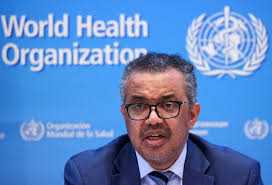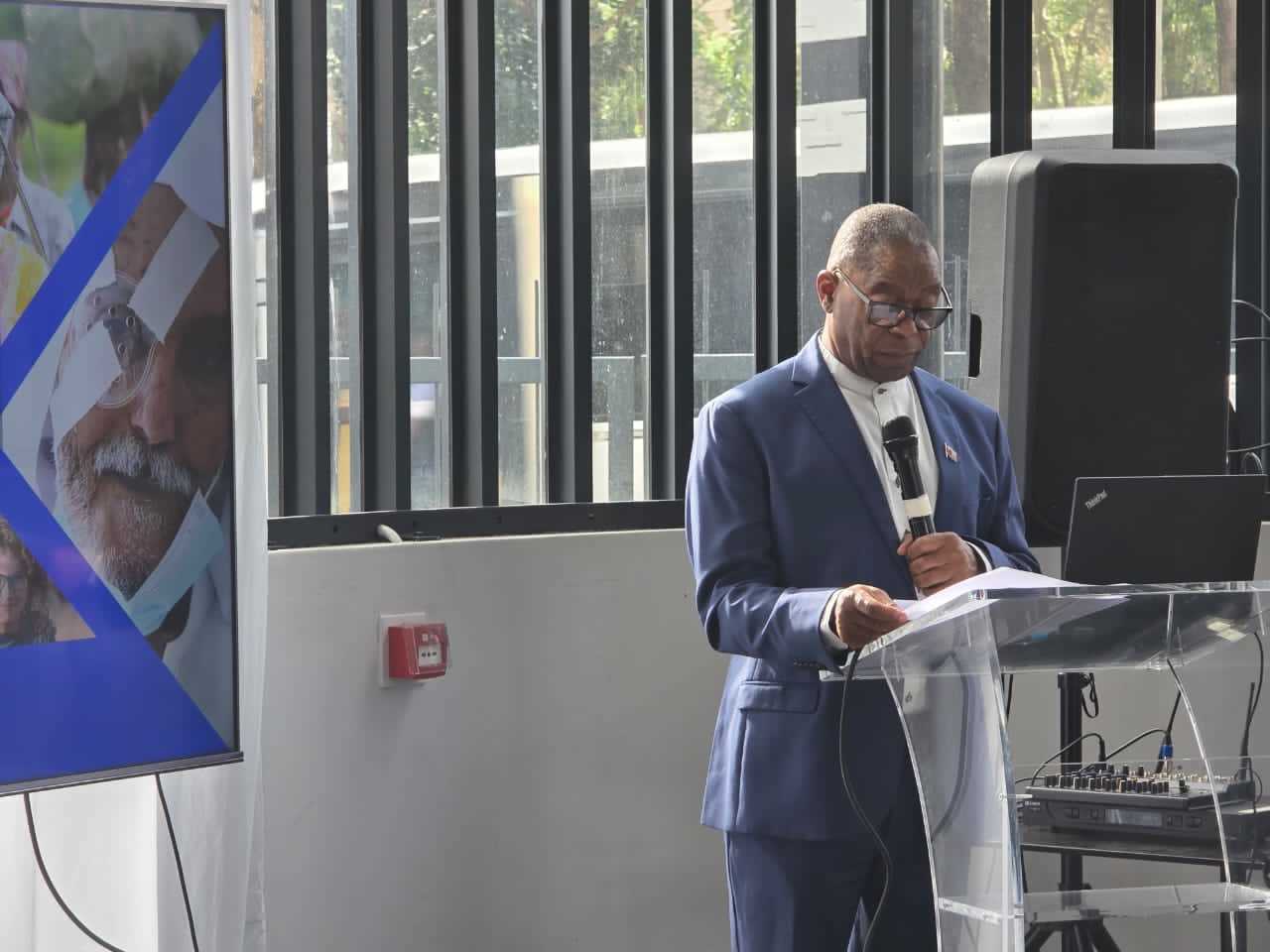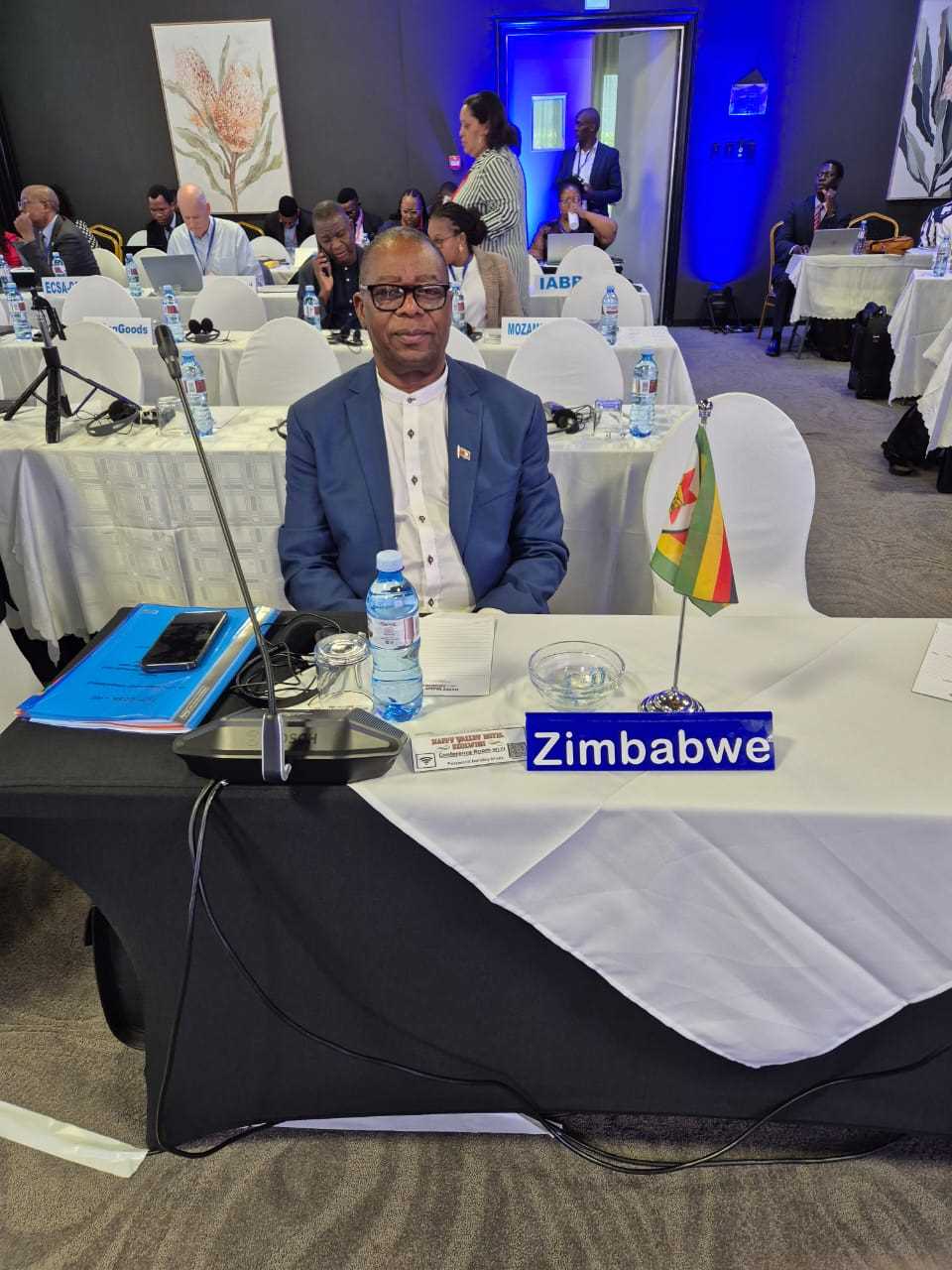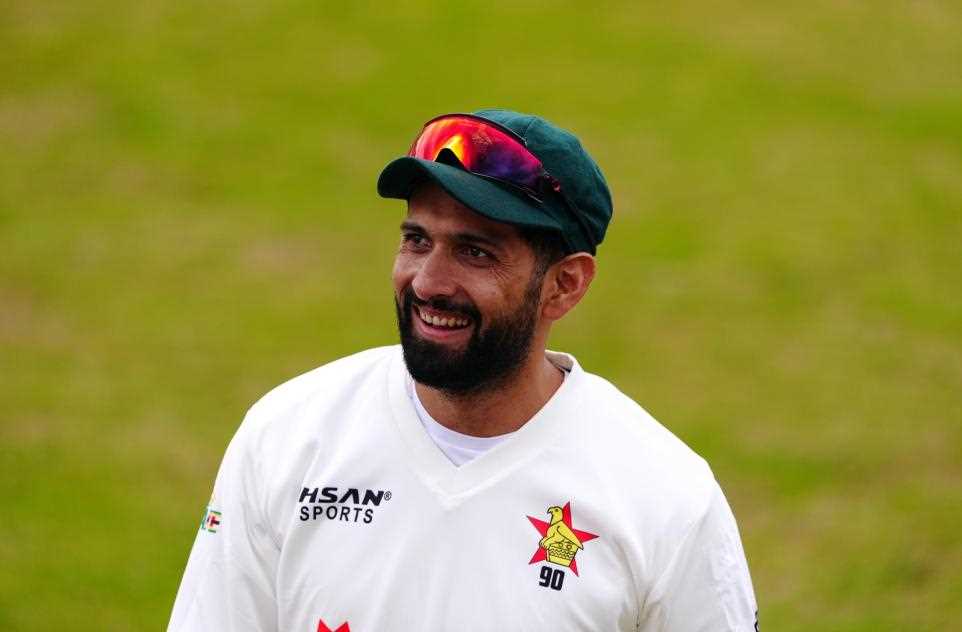
MUNYARADZI BLESSING DOMA
Zimbabwe is hoping to be one of the countries set to benefit from US$600 million, which global health funders have pledged for the elimination of cervical cancer.
The money is meant for increasing vaccination, screening and treatment of the disease which the World Health Organisation reports is the fourth most common cancer in women globally.
WHO further reports that there were around 660 000 new cases and around 350 000 deaths in 2022 owing to the disease.
During her recent visit to Zimbabwe along with her colleagues from WHO headquarters, Dr Bente Mikkelsen, Director NCD (at WHO Headquarters), said if everything is put in place, the country could benefit from this cervical cancer initiative.
“So we are very happy, this is the first time since the cervical cancer elimination initiative was launched by Dr Tedros (Tedros Adhanom Ghebreyesus), WHO Director-General), that many partners come together. So, until now, the funding partners were only focusing on more or less on the vaccination.
“So, now everybody realised that we have to do at least two things at the same time, we need to vaccinate, we need to screen and treat the early stages and of course we need to offer treatment.
"I'm very happy, it’s a game changer but as I have said this is not money we can call on just like this, we need to present cases, we need to work with the partners, we need to make World Bank, the Global Fund, the Gates, all these partners, USAID, coming together and they have realised this commitment.
“So this is why I’m here as well, I was invited by the Honourable Minister (Minister of Health and Child Care, Dr Douglas Mombeshora), we were both in Colombia (at the Global Cervical Cancer Elimination Forum), so we are trying to make this happen in Zimbabwe, Dr Mikkelsen said.
Related Stories
Dr Mikkelsen added that the pledged US$600 million is a lot of money which would go a long way in fighting cervical cancer but countries had to apply for it.
“It’s not money that we can just grab, we need to apply for it, we need to show what we need, so that we have a shopping list of what we need and this is also something that we would want to help you. There are a lot of partners, and I think we can support Zimbabwe to get use on some of these new pledges but also maybe to make the partnerships more efficient,” she added.
Dr Mombeshora said getting global health funders make such a pledge would go a long way in eliminating cervical cancer, as he also revealed that no county could work alone on this fight, hence there is need to have partners.
We work with partners, you cant work in isolation, like the doctor (Dr Mikkelsen) said, we met in Colombia; and during that meeting, we came up with this issue of saying we need support and they said for us to be able to support you, we want to see, what is on the ground.
“That’s why we are also taking them to the rural area where the screening starts and the difficulties that are met there, then we can map a way forward.
“Like she said, we will come up with a document from this visit and we will be meeting again in Geneva in three weeks time and maybe come up with a concrete arrangement to say how do we move forward, what kind of support can we get from them, Dr Mombeshora said.
He added, "She mentioned now that there is a fund that has been established of US$600 million, we want to tap into that, so that we can also get equipment, get training so that we strengthen our cervical cancer elimination plan, so that’s the way we are heading to.”
It is reported that while cervical cancer is preventable and treatable, Zimbabwe continues to lose 2 000 women to the disease every, hence there is need for more consented efforts to fight this disease.




















Leave Comments